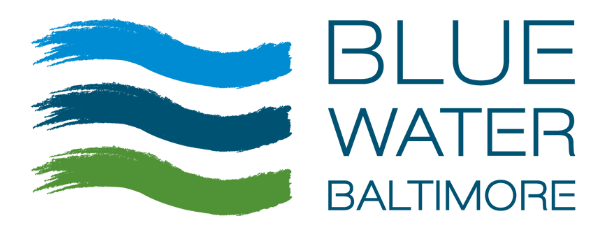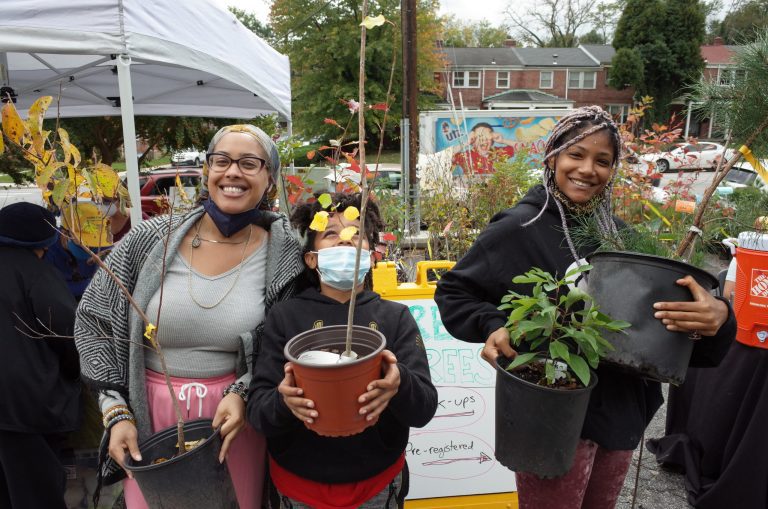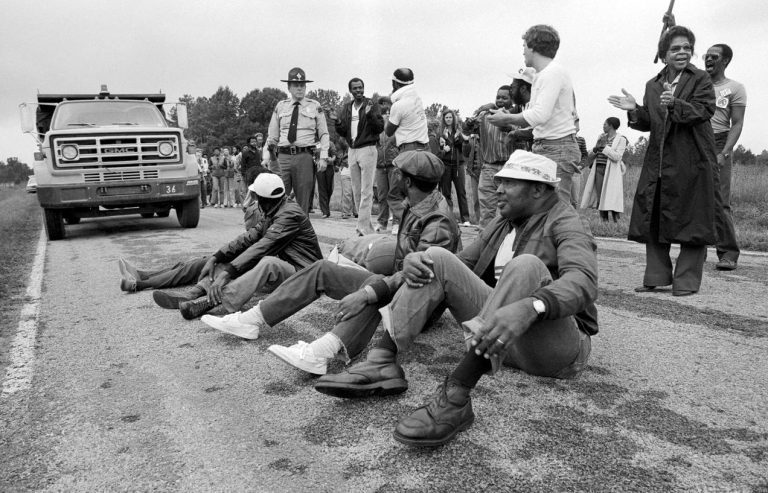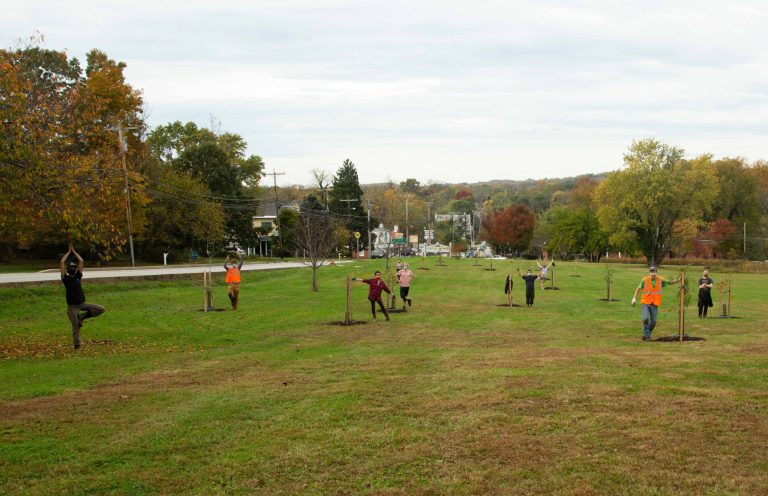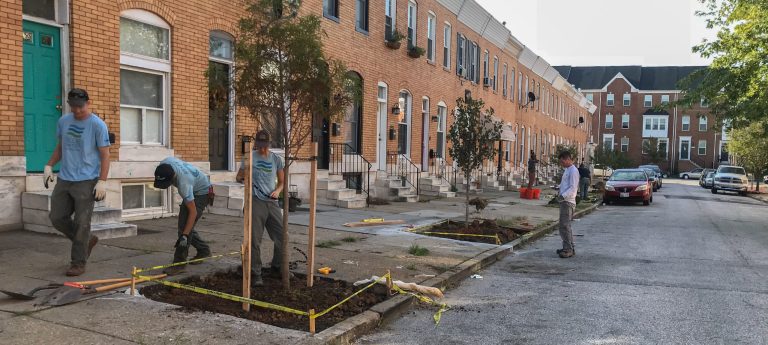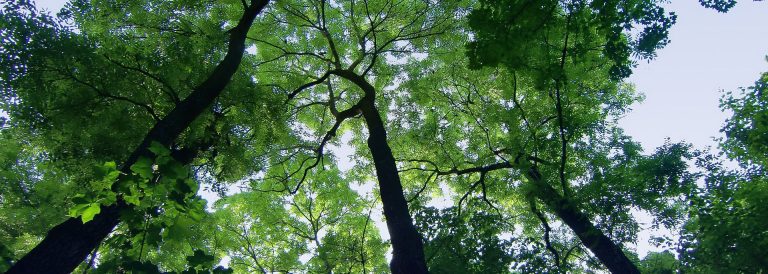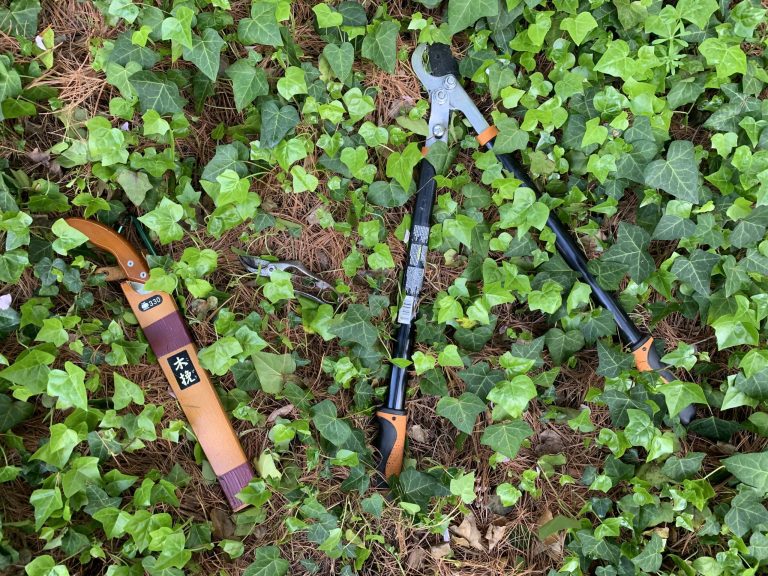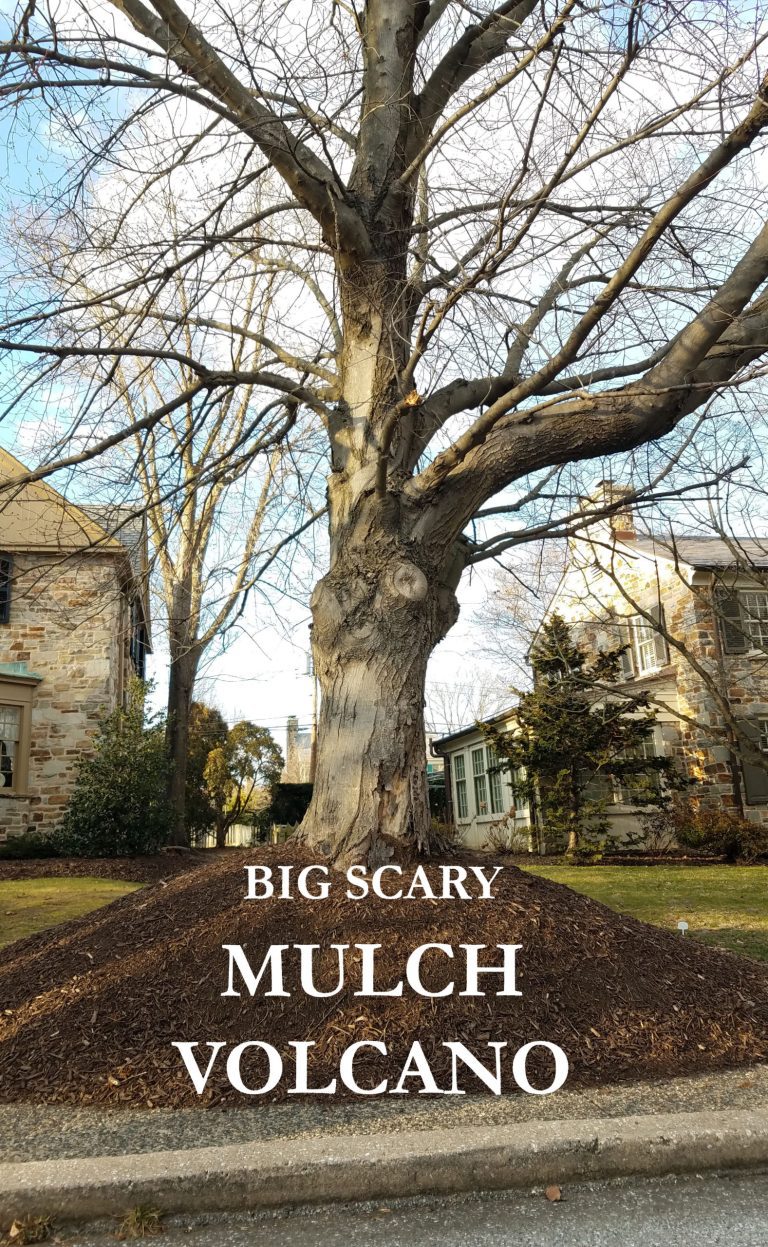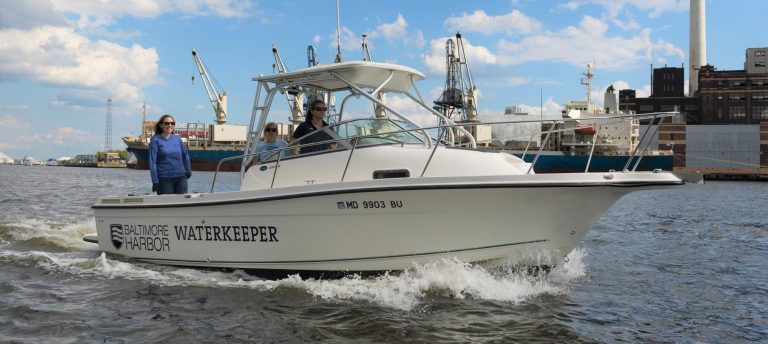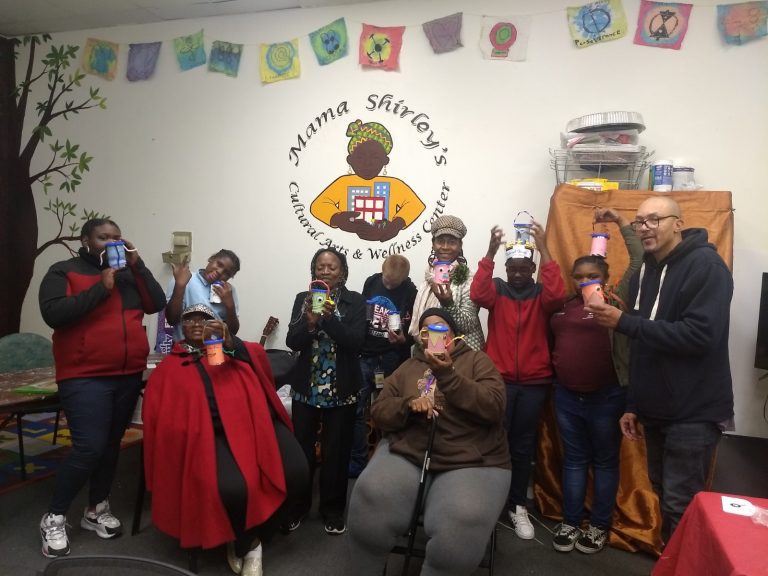Flowers in Concrete: How Rain Gardens Benefit Baltimore’s Waterways
Nature is constantly being shaped and molded by human activity to fit society’s needs. Our landscapes have been largely modified by urbanization, without much consideration for the natural world surrounding us. For an industrial city like Baltimore, urbanization has degraded the health of our streams. Most of this urbanization means more concrete and paved surfaces….
